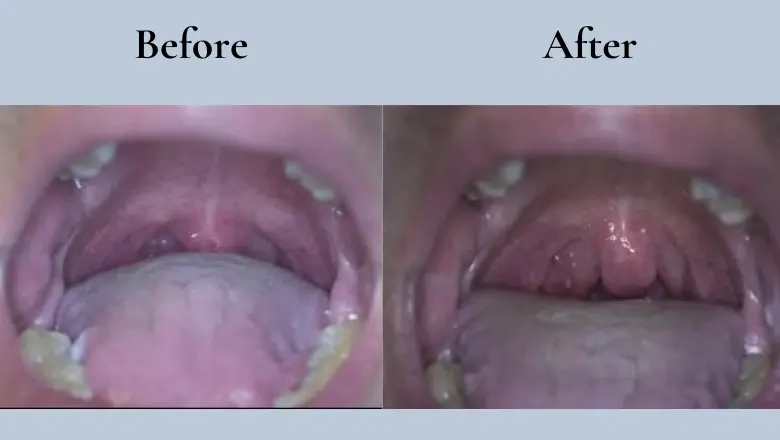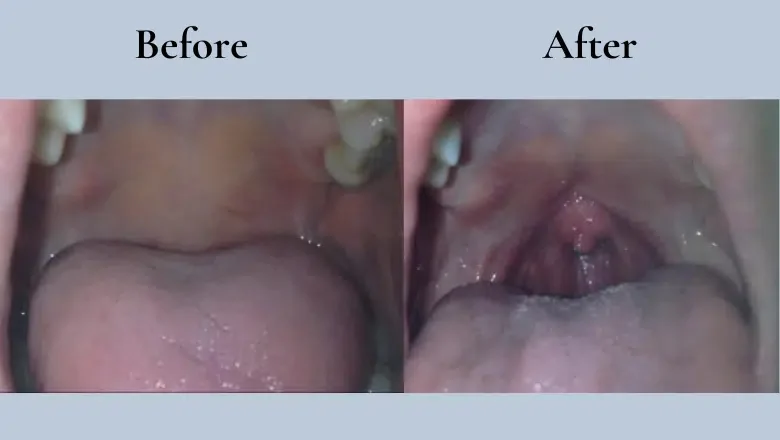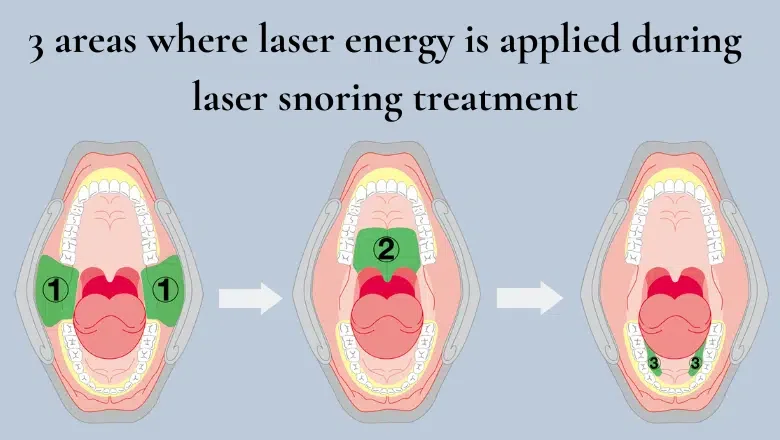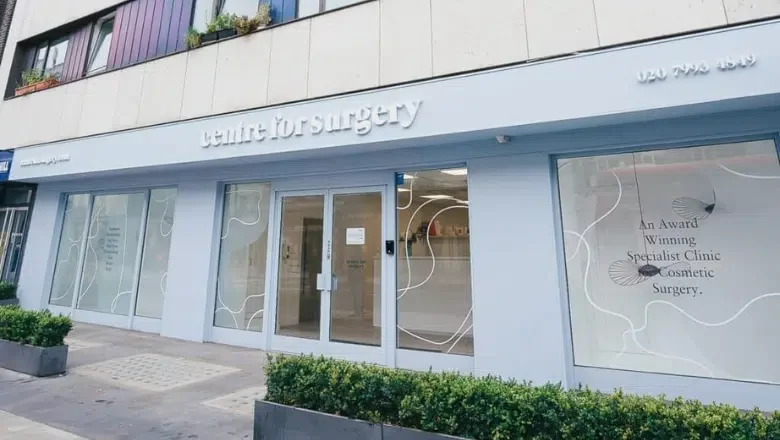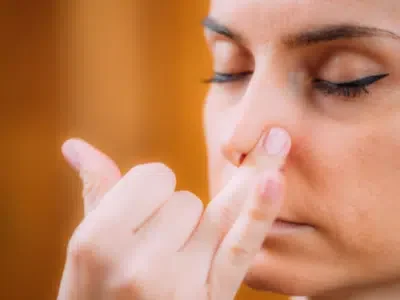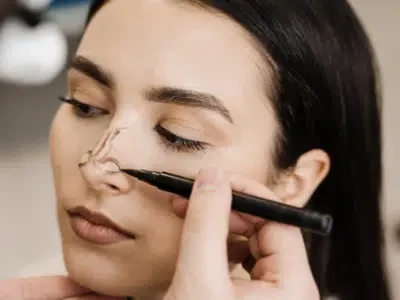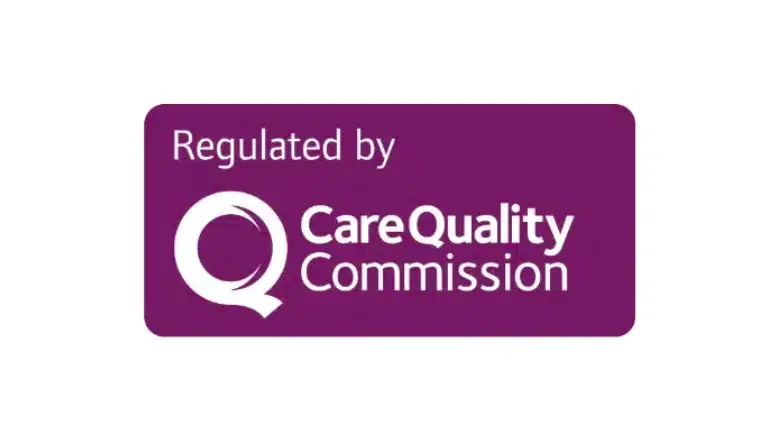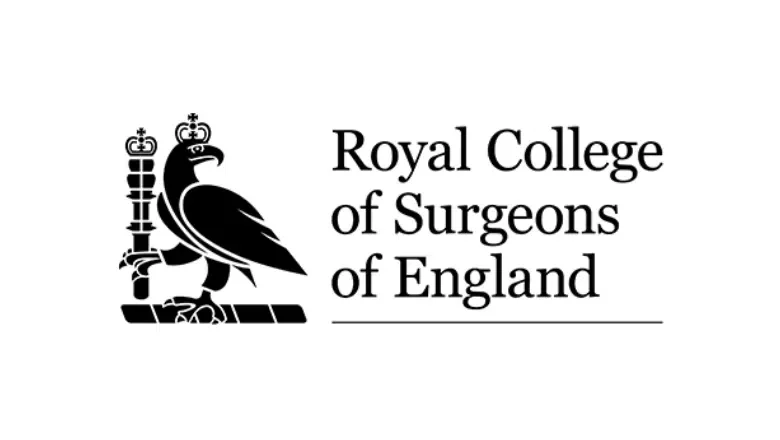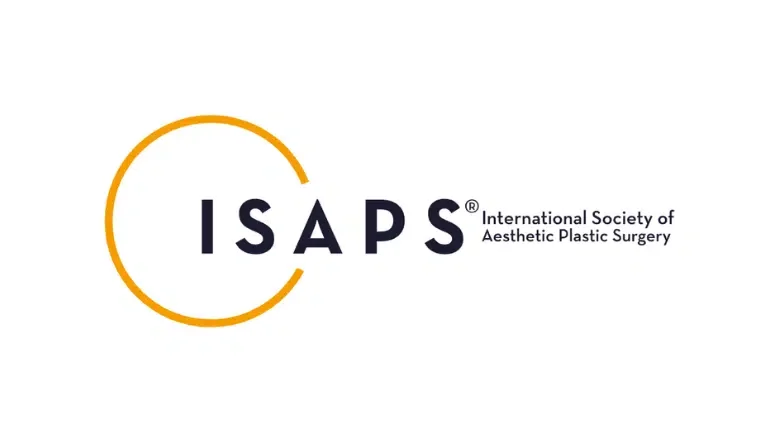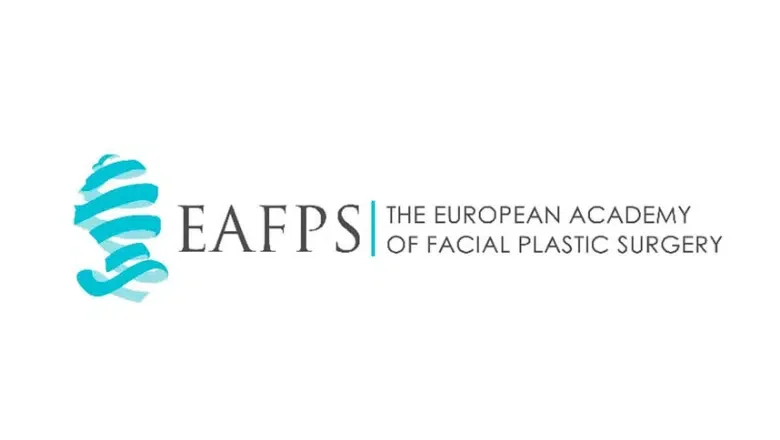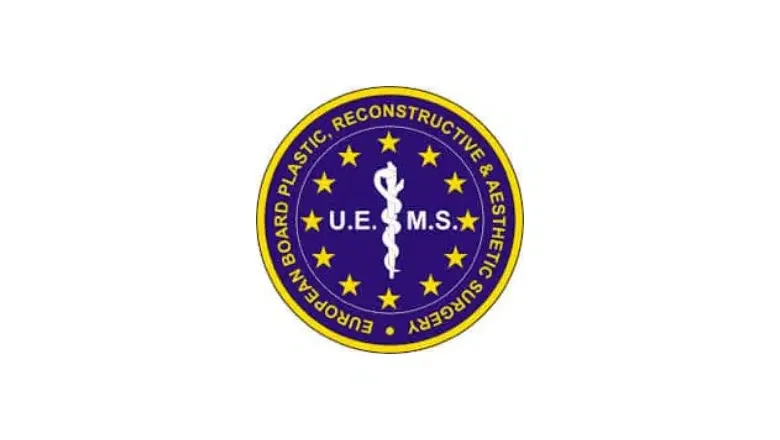Laser Snoring Treatment in London (NightLase)
Laser snoring treatment, also known as NightLase, is a procedure in which a laser is used to remove excess tissue in the throat that may be causing snoring. The procedure is typically performed by an ear, nose, and throat (ENT) specialist and is done on an outpatient basis. It is also called laser-assisted uvulopalatoplasty (LAUP) or laser-assisted uvuloplasty (LAUP). The treatment is considered to be a minimally invasive procedure with low complication rates and can reduce or eliminate snoring in many patients. It is a non-surgical alternative to traditional snoring treatments such as uvulopalatopharyngoplasty (UPPP) or radiofrequency ablation (RFA).
Although snoring affects millions of people, many have decided not to treat their snoring problems because of low success rates and the high invasiveness of surgical treatment. The NightLase snoring and sleep apnoea reduction therapy is a unique approach to treatment using the Fotona SP Dynamis laser and a proprietary protocol with specially designed handpieces. NightLase uses the photothermal capabilities of the Erbium laser to convert and initiate the formation of new collagen within the soft tissues of the oropharynx, soft palate and uvula. The heat generated by the laser allows the collagen to re-form, resulting in the tightening of the soft palate and surrounding tissues. This causes a rise in the soft palate and a tightening of the tissues of the oropharynx, resulting in an improvement of the airway.
NightLase is a non-invasive therapy which aims to reduce the effects of sleep apnea and decrease snoring.
What is NightLase?
NightLase is a non-invasive laser treatment designed to help reduce snoring and improve the quality of sleep in individuals suffering from sleep apnea or other sleep-related breathing disorders. The treatment is performed using a specific type of laser, an Erbium:YAG laser, which emits light energy in a controlled manner to target the soft tissues at the back of the throat.
The NightLase treatment works by gently heating the soft tissues of the palate and uvula, which causes the collagen fibres to contract and tighten. This tightening effect helps to reduce the vibrations of the soft tissues that can lead to snoring and may also help to improve airway patency, potentially reducing the occurrence of sleep apnea episodes.
Discover the Easy and Quick Way to a Snore-Free Sleep with NightLase
Laser snoring treatment Before & Photos - real patient results
Benefits of NightLase
NightLase is a non-invasive treatment for snoring and mild to moderate sleep apnea. It uses laser energy to stimulate collagen production in the soft palate, which can help to tighten and firm the tissue and reduce vibrations that cause snoring. Some benefits of NightLase include:
Non-invasive
NightLase does not require any incisions or surgery, so there is no risk of bleeding or infection.
Quick recovery time
Patients can usually return to their normal activities immediately after the procedure.
Long-lasting results
The effects of NightLase can last for several months, and the treatment can be repeated as needed to maintain the results.
Improved sleep
By reducing or eliminating snoring, NightLase can improve the quality of sleep for both the patient and their partner.
Improved overall health
NightLase can also help alleviate sleep apnoea symptoms, such as daytime fatigue and high blood pressure, which can improve overall health and well-being.
Is NightLase effective?
NightLase is a unique approach to tackling snoring, employing laser energy to reduce and firm up the soft tissue in the throat responsible for snoring sounds. There’s a growing body of research indicating that NightLase can significantly cut down or even stop snoring for many people. Yet, like any medical procedure, its success isn’t uniform for everyone—what works wonders for one person might not have the same impact on another.
Using laser technology, NightLase directly targets the area that vibrates to cause snoring, making the treatment a sophisticated choice for those seeking relief. The key here is to ensure the treatment is administered by professionals with deep experience and qualifications in this field. This expertise is critical because it guarantees the procedure’s safety and maximises its effectiveness.
Despite its benefits, NightLase isn’t a one-stop cure for snoring in every case. Its effectiveness varies, underscoring the importance of personalised consultation. Speaking with a specialist, particularly one well-versed in laser snoring treatments, can provide clarity. They can assess your specific situation, consider your health history, and recommend whether NightLase is the best path forward for you.
Am I suitable for laser snoring treatment?
Ideal candidates for laser snoring treatment, like NightLase, typically have mild to moderate snoring caused by excess tissue in the throat. This can include people with the following:
- Uvula elongation
- Palatal flutter
- Soft palate hypertrophy
- Tonsil hypertrophy
It is recommended that people who have other underlying conditions that cause snoring, such as sleep apnea or nasal obstruction, should be treated first before considering laser snoring treatment.
Laser snoring treatment may not be suitable for everyone, and a qualified and experienced medical professional at our clinic will assess each patient individually to determine if they are a good candidate for the procedure.
The laser snoring procedure
NightLase is a cutting-edge laser treatment targeting snoring by shrinking and tightening the soft throat tissue that’s often the culprit behind the noise. This outpatient procedure is gaining attention for its straightforward approach and the promise of quieter nights. Here’s a breakdown of how the NightLase journey unfolds, making it easier for potential candidates to understand what to expect:
Initial Assessment
The journey begins with a detailed examination of your throat and airway by a laser specialist. This step is crucial to ensure that NightLase is the right fit for your specific needs.
Preparation
Once you’re confirmed as a suitable candidate, a local anaesthetic is applied to the treatment area. This numbs the throat, ensuring a comfortable experience as the laser goes to work.
The Treatment
The specialist then uses a precise laser to carefully shrink and firm up the soft tissue in your throat. This process is meticulously performed to ensure the best possible outcome, usually wrapping up within 30 minutes.
Post-Procedure Care
After the treatment, you’re all set to head home. It’s advised to take it easy, avoiding heavy lifting and alcohol for the next 24 hours to ensure a smooth recovery.
Follow-Up
A few weeks later, you’ll revisit the specialist to assess the progress. Depending on your results and how your body has responded, additional treatments may be suggested to fully address your snoring.
One of the highlights of NightLase is the minimal discomfort involved, thanks to the use of the Er:YAG laser. This technology allows for gently heating tissue without causing damage, focusing on three strategic areas for maximum tissue tightening.
How many NightLase treatments will I need?
The number of NightLase treatments that a person may need can vary depending on their individual condition and goals. NightLase is a non-surgical laser treatment that is used to reduce snoring and improve the quality of sleep by tightening the tissues in the back of the throat.
In general, a course of NightLase treatment typically involves three to four sessions, which are performed over a period of a few weeks. Each session usually takes around 20-30 minutes to complete.
However, the number of treatments required may vary based on the severity of the snoring or sleep apnea, as well as the individual’s response to the treatment. Some patients may require more or fewer treatments than others to achieve the desired results.
What to expect after laser snoring treatment
Going through a NightLase treatment for snoring is pretty straightforward, and here’s what usually happens next, all explained without any jargon:
Getting Back to Your Routine
Right after the NightLase session, you can return to doing your usual stuff. There’s no need to take time off or change your plans. It’s a good idea to skip the gym or any heavy lifting for a day to be safe.
Feeling a Bit Off
It’s normal to feel a tad uncomfortable after the treatment. You might have a sore throat, feel a bit dry in the mouth, or notice a snug sensation where the laser did its work. Don’t worry; this doesn’t last long, and you’ll be feeling better in no time.
Looking a Bit Different
Don’t be surprised if you see a bit of swelling or redness on the treated area. It’s all part of the process and fades away pretty quickly. A cold compress works wonders to ease any puffiness.
Watching the Magic Happen
Don’t expect to stop snoring overnight. It takes a bit of time for the full effects to kick in as your body gets to work. However, you should see a gradual improvement in your snoring and sleep quality over the next few weeks.
Maybe Going Back for More
Depending on how you respond to the first session, you might need to go back for one or two more treatments, usually spaced a few weeks apart, to get the best results.
Keeping Up the Good Work
NightLase’s benefits can last a year or even longer, but some folks might need a top-up treatment to keep things smooth. How often you’ll need this depends on your unique situation.
Staying in Touch
Make sure to keep your practitioner in the loop about how you’re doing. They’ll want to know if everything’s going as expected and can tweak your treatment plan if needed.
Adding Some Extras
In some cases, you might get advice on other things you can do to help with your snoring, like losing a bit of weight, trying new sleeping positions, or using special devices at night.
Laser Snoring Treatment Cost London - How much does NightLase cost in London UK? Prices & Fees
NightLase & Laser Snoring Treatment Near Me
FAQs
-
What is snoring?Snoring is the sound that occurs when air flows past relaxed tissues in the upper airway, causing the tissues to vibrate as you breathe. Snoring can be caused by a variety of factors, including obesity, alcohol consumption, nasal congestion, and certain medications. It can also be a symptom of a more serious condition called sleep apnea, which occurs when a person's airway becomes repeatedly blocked during sleep, causing them to stop breathing for short periods of time. If you snore regularly and feel tired during the day, it is important to talk to your healthcare provider to determine the underlying cause and to discuss treatment options.
Conventional treatments for snoring and sleep apnoea have included everything from oral appliances to uvuloplasty procedures, radiofrequency tissue ablation, CPAP masks and alternative medicine. The Erbium laser can tighten the uvula, soft palate and surrounding tissues with a fractional laser handpiece. With NightLase, there is no need for invasive forms of anaesthesia, no pain and only three short 20 minutes sessions with immediate results. -
What is sleep apnoea?Sleep apnoea is a sleep disorder characterised by pauses in breathing or shallow breaths during sleep. These breathing pauses can last for a few seconds to several minutes and repeatedly occur throughout the night. As a result, the brain and the rest of the body may not get enough oxygen. There are two main types of sleep apnea:
Obstructive sleep apnoea (OSA): is caused by a physical blockage of the airway, usually when the soft tissue in the back of the throat collapses during sleep.
Central sleep apnoea: is caused by a problem with the brain's ability to regulate breathing.
Symptoms of sleep apnoea include loud snoring, choking or gasping during sleep, pauses in breathing, and feeling excessively sleepy during the day. Sleep apnoea can also lead to other health problems, such as high blood pressure, heart disease, and stroke. Treatment for sleep apnoea typically includes lifestyle changes, such as losing weight and avoiding alcohol, as well as the use of devices such as continuous positive airway pressure (CPAP) machines. In some cases, surgery may be required to remove excess tissue from the throat or repair structural abnormalities that are blocking the airway.
To help treat sleep apnea and snoring, Centre for Surgery offers Fotona’s NightLase therapy. This is a non-invasive laser treatment which aims to improve the quality of your sleep. -
What are the benefits of laser snoring treatment?It is a non-invasive procedure involving no incisions and no anaesthetic
There are no chemicals used
You will have little to no downtime
You will not have to wear any devices while you sleep -
Why should I have laser snoring treatment?Laser snoring treatment, such as NightLase, is a non-surgical, minimally invasive procedure that uses a laser to tighten the tissues in the back of the throat, reducing the vibration that causes snorig. The benefits of laser snoring treatment may include the following:
Improved sleep quality: Laser snoring treatment can help to reduce snoring and improve the quality of sleep. This can lead to a range of health benefits, such as increased energy, improved mood, and better overall health.
Non-invasive: Laser snoring treatment is a non-invasive procedure that does not require any incisions or anaesthesia. This means that there is little to no downtime after the treatment, and patients can typically return to their normal activities immediately.
Safe and effective: Laser snoring treatment is a safe and effective option for reducing snoring and improving sleep quality. The treatment is carefully controlled and delivered in a way that is designed to minimize discomfort and ensure patient safety.
Long-lasting results: The results of laser snoring treatment can be long-lasting, with some patients experiencing improvement in their snoring and sleep quality for up to a year or more after the treatment.
No need for equipment: Unlike other treatments for snoring, such as CPAP machines, laser snoring treatment does not require the use of any equipment during sleep. This can make the treatment more convenient and comfortable for some patients. -
What does laser snoring treatment involve?At Centre for Surgery, laser snoring treatment is performed by using Fotona’s NightLase therapy. This is a non-invasive laser treatment which helps to reduce the effects of snoring and sleep apnea.
Laser snoring treatment uses the Er:YAG laser. The process involves preheating the tissue and then strengthening the tissue. -
Is NightLase painful?NightLase is a non-surgical laser treatment that is generally not considered to be painful. The treatment is typically well-tolerated by patients and does not require any anaesthesia or sedation.
During the NightLase treatment, a laser is used to heat and tighten the tissues in the back of the throat, which can help to reduce snoring and improve the quality of sleep. The laser energy is carefully controlled and delivered in a way that is designed to minimise discomfort and ensure patient safety.
While some patients may experience mild discomfort or a sensation of warmth during the procedure, most report that the treatment is not painful. After the procedure, patients may experience some mild soreness or swelling, but this usually resolves within a few days. -
Is there any downtime after NightLase?One of the advantages of NightLase is that there is typically little to no downtime after the treatment. This is because NightLase is a non-surgical, minimally invasive procedure that does not require any incisions or anaesthesia.
After the procedure, patients can typically return to their normal activities immediately. However, it is important to avoid any strenuous exercise or activity for a few days after the treatment to allow the tissues in the throat to heal.
Some patients may experience mild soreness or swelling in the throat after the treatment, but this usually resolves within a few days. Patients are typically advised to drink plenty of fluids and to avoid any foods or drinks that may irritate the throat, such as alcohol or spicy foods, for a few days after the treatment. -
How many NightLase treatments will I need?The number of NightLase treatments that a person may need can vary depending on their individual condition and the severity of their snoring or sleep apnea.
In general, a course of NightLase treatment typically involves three to four sessions, which are performed over a period of a few weeks. Each session usually takes around 20-30 minutes to complete.
However, the number of treatments required may vary based on the individual's response to the treatment and the severity of their condition. Some patients may require more or fewer treatments than others to achieve the desired results. -
Is NightLase permanent?While the results of NightLase can be long-lasting, they are typically not permanent.
The duration of the results may vary from patient to patient, but most patients experience improvement in their snoring and sleep quality for several months to a year after the treatment. However, as the tissues in the throat continue to age and relax over time, some patients may experience a return of their snoring or sleep apnea symptoms after a certain period.
To maintain the results of NightLase, some patients may choose to undergo additional treatments at regular intervals to help maintain the effects of the treatment.



